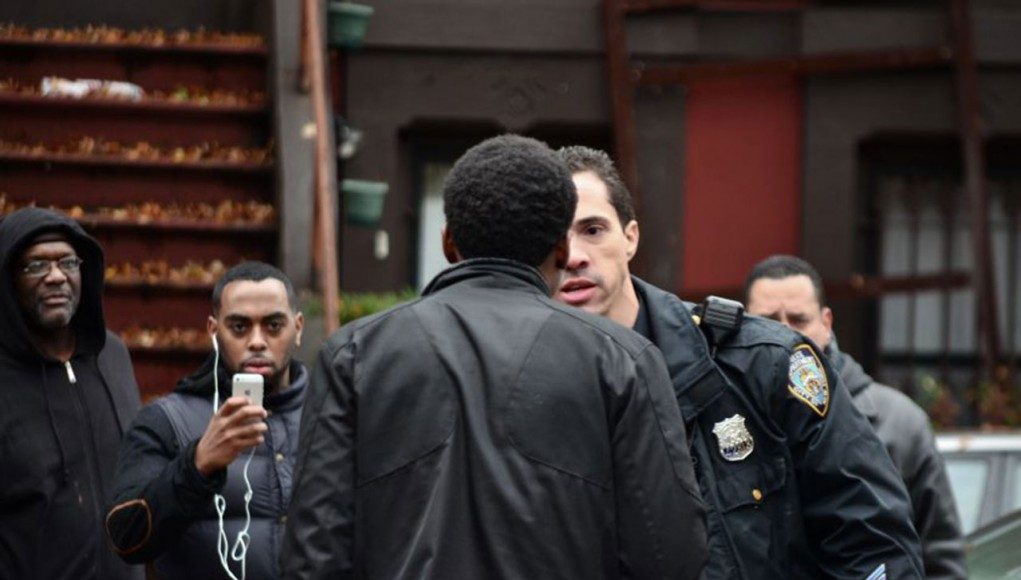 Rose Troche knows that the first-person perspective is flawed, and she wanted to show people just how vulnerable it can by telling a single story between four different points of view. She teamed up with Specular Theory’s Morris May again for Perspective Chapter 2: The Misdemeanor, which is a powerful example of storytelling that’s only possible in VR. It gives you a direct experience of how our perceptions and biases can shape our eye witness testimony of a police shooting.
Rose Troche knows that the first-person perspective is flawed, and she wanted to show people just how vulnerable it can by telling a single story between four different points of view. She teamed up with Specular Theory’s Morris May again for Perspective Chapter 2: The Misdemeanor, which is a powerful example of storytelling that’s only possible in VR. It gives you a direct experience of how our perceptions and biases can shape our eye witness testimony of a police shooting.
LISTEN TO THE VOICES OF VR PODCAST
Perspective comes in four different segments, and each segment cuts between what each of the four different characters see. Each segment is self-contained in that you could watch it and get one variation of the overall story of a police shooting that happens between two cops and two adolescents of color. But in order to get the all of the first person perspectives and all of the stories, then you have to watch all four segments. The order in which you watch these segments can dramatically alter your story of what happened.
After watching all four segments at the Sundance New Frontier program, I had a direct experience of how my own biases and pre-existing narratives where completely overturned by evidence that I hadn’t see in any of the other previous three segments.
I had a chance to catch up with Rose at Sundance where she talks about her research process, her goals of creating a piece that leaves people questioning their biases, and how she crafted an experience that allows you to empathize with each of the flawed characters who all make mistakes. Perspective is an ambitious piece of immersive storytelling that challenged my perception, and my memory, and my concepts of the truth.
Perspective is being shown all of this week in the mobile VR section of the Sundance New Frontier program.
Become a Patron! Support The Voices of VR Podcast Patreon
Theme music: “Fatality” by Tigoolio







